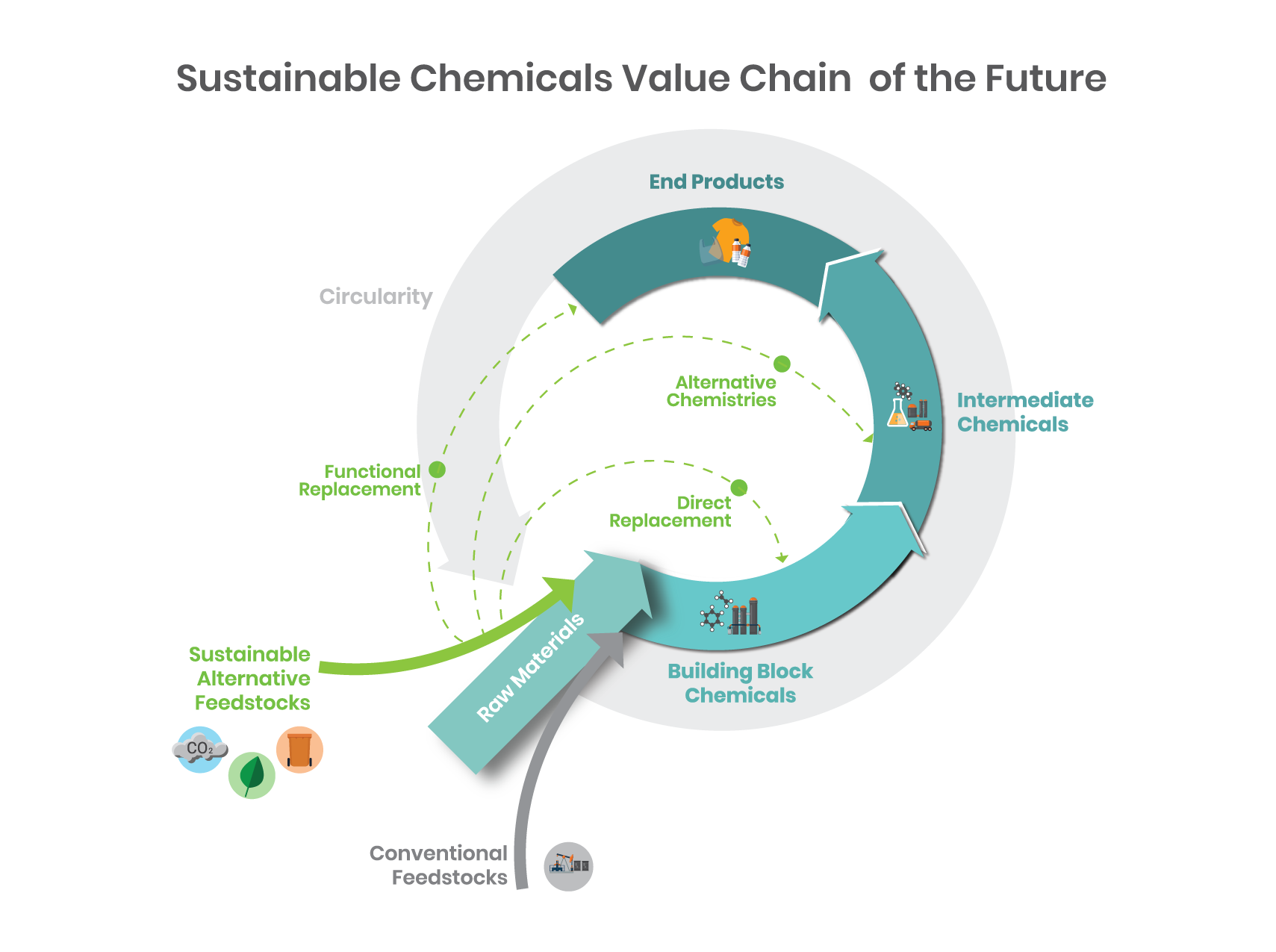Exactly How to Ensure Conformity When Using Chemical Products in Your Procedures
Secret Considerations for Selecting the Right Chemical Products to Accomplish Reliable Integrated Solutions in Your Workflow
Selecting the appropriate chemical products for incorporated options in procedures requires a multifaceted method that encompasses different important factors to consider. From assessing chemical compatibility to making sure adherence to governing criteria, each aspect plays a pivotal role in enhancing functional performance and safety and security.
Understanding Chemical Compatibility

To review compatibility, one ought to take into consideration variables such as the chemical homes of the materials involved, consisting of pH, concentration, temperature level, and the presence of pollutants. Making use of compatibility charts and databases can provide beneficial insights into possible communications. Furthermore, conducting small-scale tests can assist recognize unanticipated reactions that might not be documented.
Moreover, understanding the environmental problems in which the chemicals will be kept or utilized is vital. Aspects such as humidity, light exposure, and temperature level can affect the security and sensitivity of chemical items. By prioritizing chemical compatibility during the option procedure, organizations can enhance operational effectiveness, lower the threat of accidents, and make sure conformity with safety methods. Inevitably, an enlightened method to chemical compatibility is foundational for preserving risk-free and efficient operational environments.
Evaluating Governing Conformity
In the facility landscape of chemical product selection, reviewing regulatory conformity is extremely important to making certain not just security however also legal adherence. Organizations has to navigate a myriad of regulations, from regional and national regulations to international requirements, that govern the usage, storage space, and disposal of chemical substances. This requires a thorough understanding of suitable laws such as the Occupational Safety and Health Administration (OSHA) criteria, the Environmental Protection Agency (EPA) guidelines, and the European Union's Enrollment, Assessment, Authorisation and Restriction of Chemicals (REACH)
When picking chemical products, it is vital to confirm that vendors give Safety and security Information Sheets (SDS) that information possible threats and handling needs. Organizations need to validate that the chemicals abide with industry-specific laws, which might enforce added stipulations. Non-compliance can cause serious penalties, consisting of fines and functional closures.
Furthermore, companies must stay upgraded on regulative changes, as non-compliance can emerge from outdated techniques. Establishing a robust conformity approach, consisting of normal audits and staff member training, can assist make certain adherence to present policies. Ultimately, prioritizing regulatory compliance not just alleviates danger however also boosts the organization's reputation and operational performance.
Assessing Environmental Influence
How can organizations successfully examine the environmental effect of chemical items during the choice process? Organizations needs to begin by identifying the possible dangers associated with each chemical, consisting of toxicity, determination in the setting, and bioaccumulation potential.
Furthermore, organizations can utilize third-party accreditations and eco-labels that indicate compliance with ecological requirements - Chemical Products. Involving with suppliers that prioritize sustainability techniques can likewise boost the option process. It is important to evaluate not just the straight impacts of chemical use however also the indirect impacts, such as energy usage and waste generation
Applying life cycle assessment (LCA) techniques can supply extensive understandings into the environmental impact view publisher site of chemical items, highlighting locations for enhancement. By prioritizing transparency and cooperation with stakeholders, companies can make informed choices that straighten with their sustainability goals while decreasing adverse environmental results. This positive strategy ultimately cultivates a more liable and eco-conscious functional framework.
Evaluating Cost-Effectiveness
While examining chemical items for functional resource usage, companies should likewise take into consideration cost-effectiveness as an important variable in the option procedure. This entails analyzing not only the initial purchase rate but also the total cost of ownership, that includes aspects such as usage effectiveness, maintenance, and disposal expenses. Chemical Products. An item that shows up low-cost upfront may sustain higher prices in energy usage or need even more frequent replacement, ultimately influencing the bottom line
In addition, organizations need to examine the potential for cost financial savings via enhanced formulas that boost performance and lower waste. As an example, items that check my reference need reduced application rates or offer faster handling times can bring about substantial savings gradually. It is also necessary to think about the effect of governing compliance expenses, as non-compliance can lead to fines and boosted operational costs.
Additionally, organizations must evaluate the long-term value stemmed from the chemical products, consisting of boosted quality, enhanced efficiency, and improved security. A comprehensive cost-effectiveness analysis encourages companies to make educated decisions that align with both their economic goals and operational purposes, eventually causing sustainable and efficient techniques.
Identifying Vendor Reliability
Supplier integrity is vital when choosing chemical items for procedures, as it directly influences both product quality and functional performance. A trustworthy distributor continually supplies top notch products on time, making certain that your procedures continue to be continuous. To identify supplier integrity, start by evaluating their reputation within the sector. Choose evaluations, testimonials, and situation studies that highlight their efficiency and client satisfaction levels.
Next, consider the provider's history of compliance with regulations and criteria. A trustworthy supplier needs to have a durable quality control program that sticks to industry standards. Furthermore, evaluate their capability to provide technological support and item info, which is essential for informed decision-making.

Conclusion
In final thought, choosing the proper chemical items for integrated remedies necessitates an extensive examination of numerous important aspects. Recognizing chemical compatibility, making certain regulative compliance, assessing ecological effects, evaluating cost-effectiveness, and identifying reliable distributors collectively add to educated decision-making.